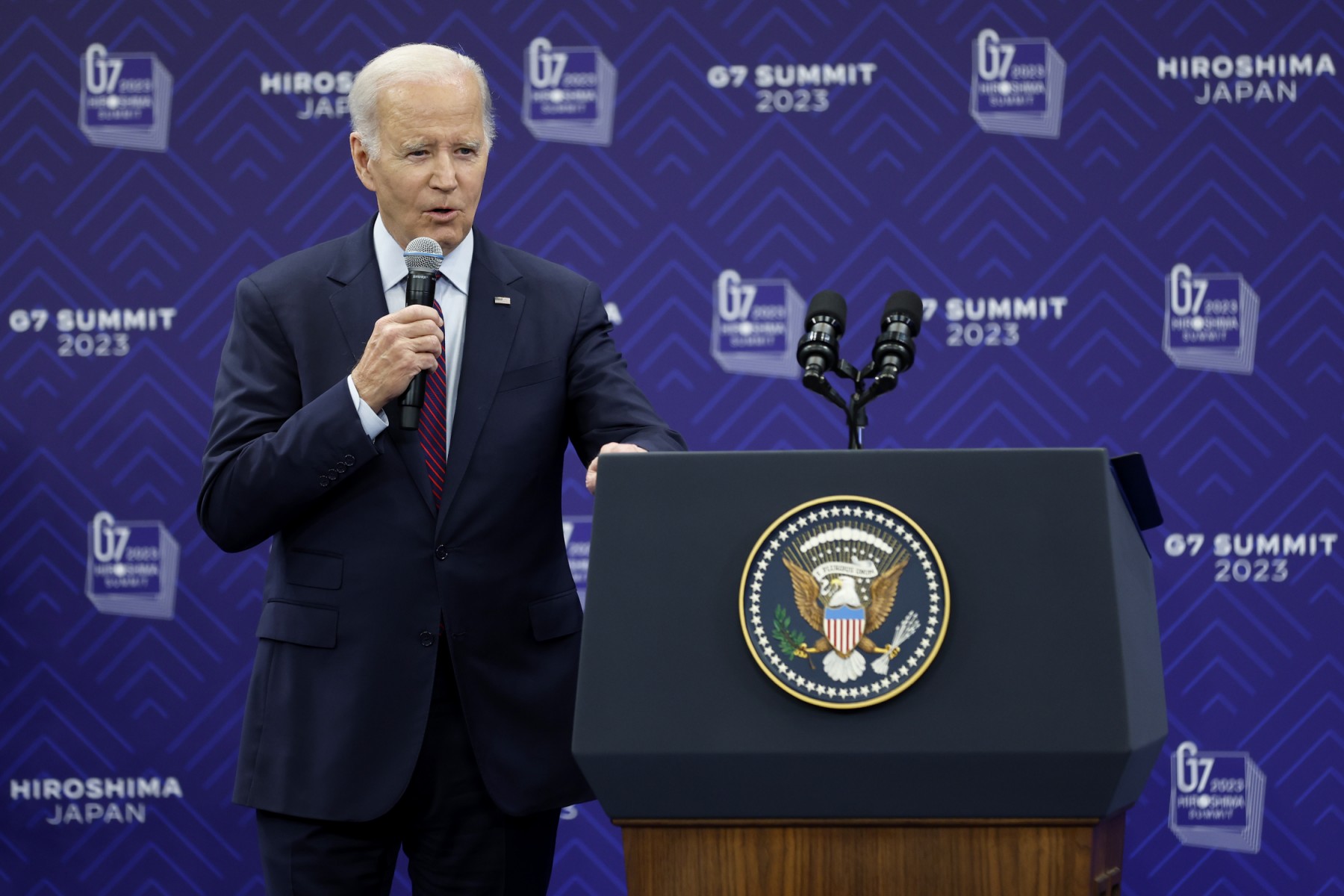Doha, Qatar — Five US detainees released by Iran took off for Doha in a prisoner swap Monday, an informed source told AFP, after $6 billion in frozen funds were transferred to Iranian accounts in Qatar.
The five, who include a businessman and a conservationist, and who left Iran on a Qatari plane accompanied by two relatives, were freed in exchange for five Iranians held by the United States.
“A Qatari jet has taken off with the five prisoners and two relatives accompanied by the Qatari ambassador,” a source with knowledge of the situation told AFP.
The trigger for the exchange was the release of the $6 billion in funds, long frozen by US ally South Korea under sanctions against Iran, to the Iranian accounts.
According to Iranian media, two of the freed Iranians have arrived in Doha. The other three have chosen to remain in the United States or a third country, Tehran said.
“We hope to have total access to the Iranian assets today,” Iran’s foreign ministry spokesman Nasser Kanani had earlier Monday told a Tehran press conference.
“The prisoner exchange will take place on the same day and five Iranian citizens imprisoned in America will be released.”
Iran generated the $6 billion through oil sales to South Korea, which froze the funds after the United States under former president Donald Trump reimposed sanctions as he withdrew from a landmark nuclear accord.
Iran’s central bank governor said Iran would seek damages from South Korea for withholding the funds. The equivalent of 5.57 billion euros ($5.95 billion) was deposited in six Iranian accounts with two Qatari banks on Monday, he said.
“We’re making a complaint on behalf of Iran against South Korea for not giving access to these funds and the reduction in value of these funds in order to receive damages,” Mohammadreza Farzin said on state TV.
Spying charges
As the prisoners were released, US President Joe Biden announced sanctions against Iran’s ex-president Mahmoud Ahmadinejad and the country’s intelligence ministry.
Biden also granted clemency to the five Iranian ex-detainees.
The five Americans — all considered Iranian nationals by Tehran, which rejects dual nationality — were released to house arrest when the deal was agreed last month.
Among the Americans is Siamak Namazi, a businessman arrested in 2015 on spying charges which his family has rejected.
The others are wildlife conservationist Morad Tahbaz, venture capitalist Emad Sharqi, and two others who wished to remain anonymous.
Last week, the official IRNA news agency identified the five Iranian prisoners.
They include Reza Sarhangpour and Kambiz Attar Kashani, both accused of having violated US sanctions against Tehran.
A third prisoner, Kaveh Lotfolah Afrasiabi, was detained at his home near Boston in 2021 and charged with being an Iranian government agent, according to US officials.
The two others, Mehrdad Moein Ansari and Amin Hasanzadeh, were said to have links to Iranian security forces.
Nuclear dispute
The White House has denied that the unfreezing of the Iranian funds was effectively a ransom payment.
Biden’s administration has insisted that Iran will only be allowed to use the money to buy food, medicine and other humanitarian goods.
Iran, which has been deeply hostile to the US since the 1979 Islamic revolution overthrew the pro-Western monarch, has denied restrictions have been placed on the spending of funds.
Iran’s Kanani has insisted that the money will allow Tehran to “purchase all non-sanctioned goods”, not just food and medicine.
Biden took office with hopes of restoring the landmark 2015 nuclear agreement, under which Iran promised to constrain its contested nuclear work in return for sanctions relief.
But months of talks failed to produce a breakthrough.
Prospects for resolving the dispute sank further after protests broke out in Iran last year following the death in custody of Mahsa Amini, who had been arrested for allegedly violating the country’s Islamic dress code.
The release of the prisoners comes just days after the first anniversary of her death, and as Biden and Iran’s president, Ebrahim Raisi, are in New York for the annual UN General Assembly, although they are not expected to meet.








